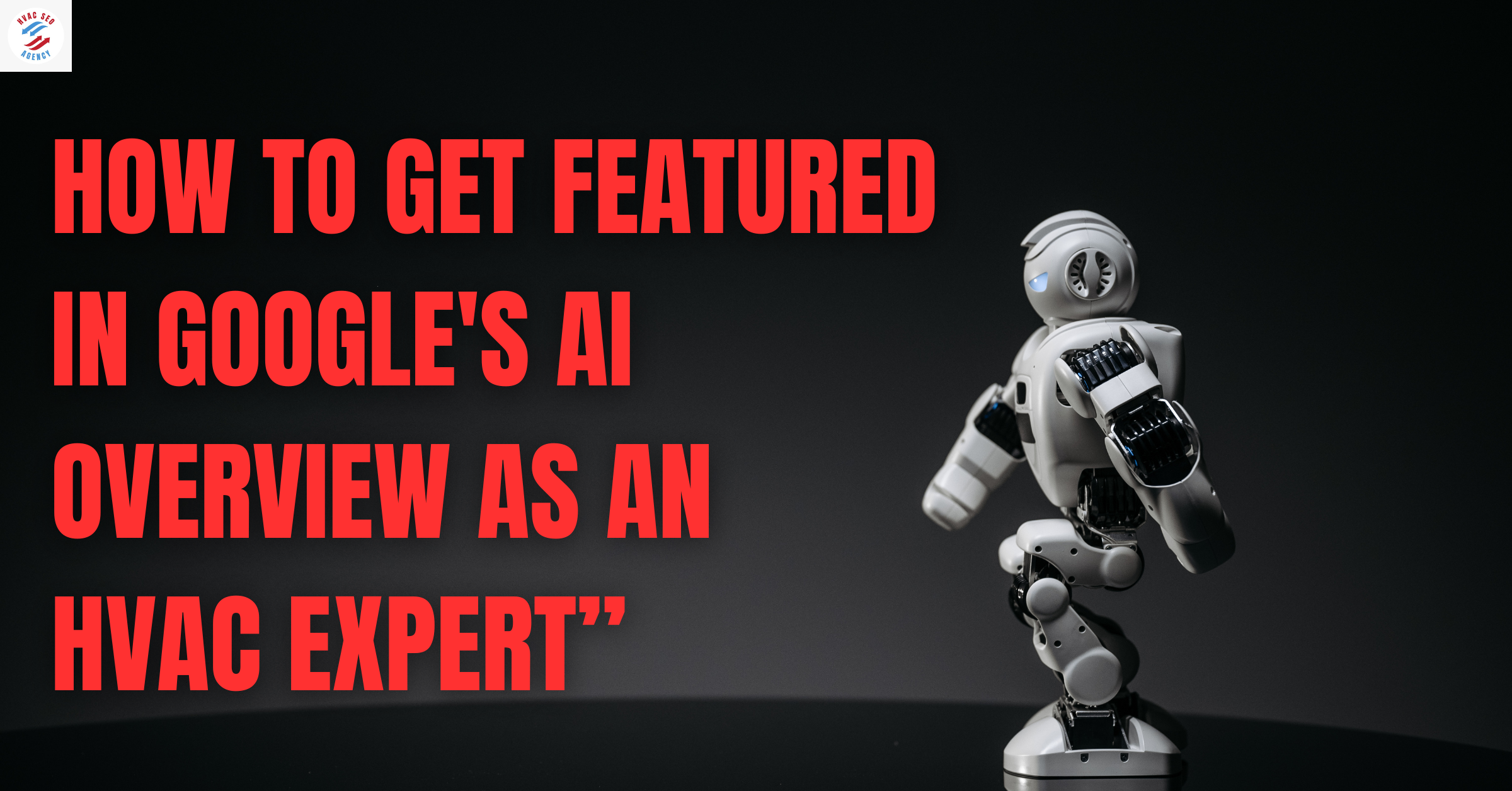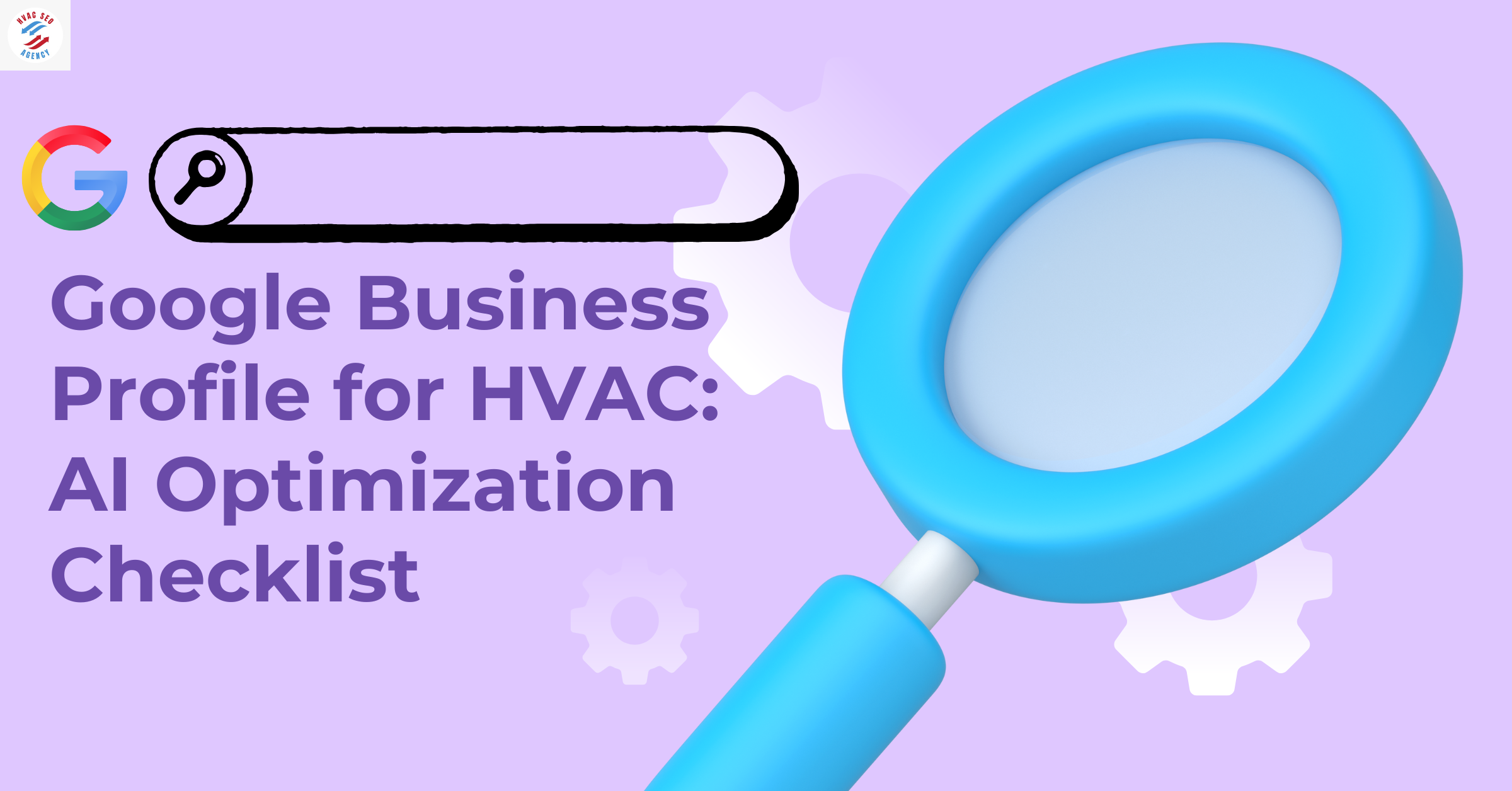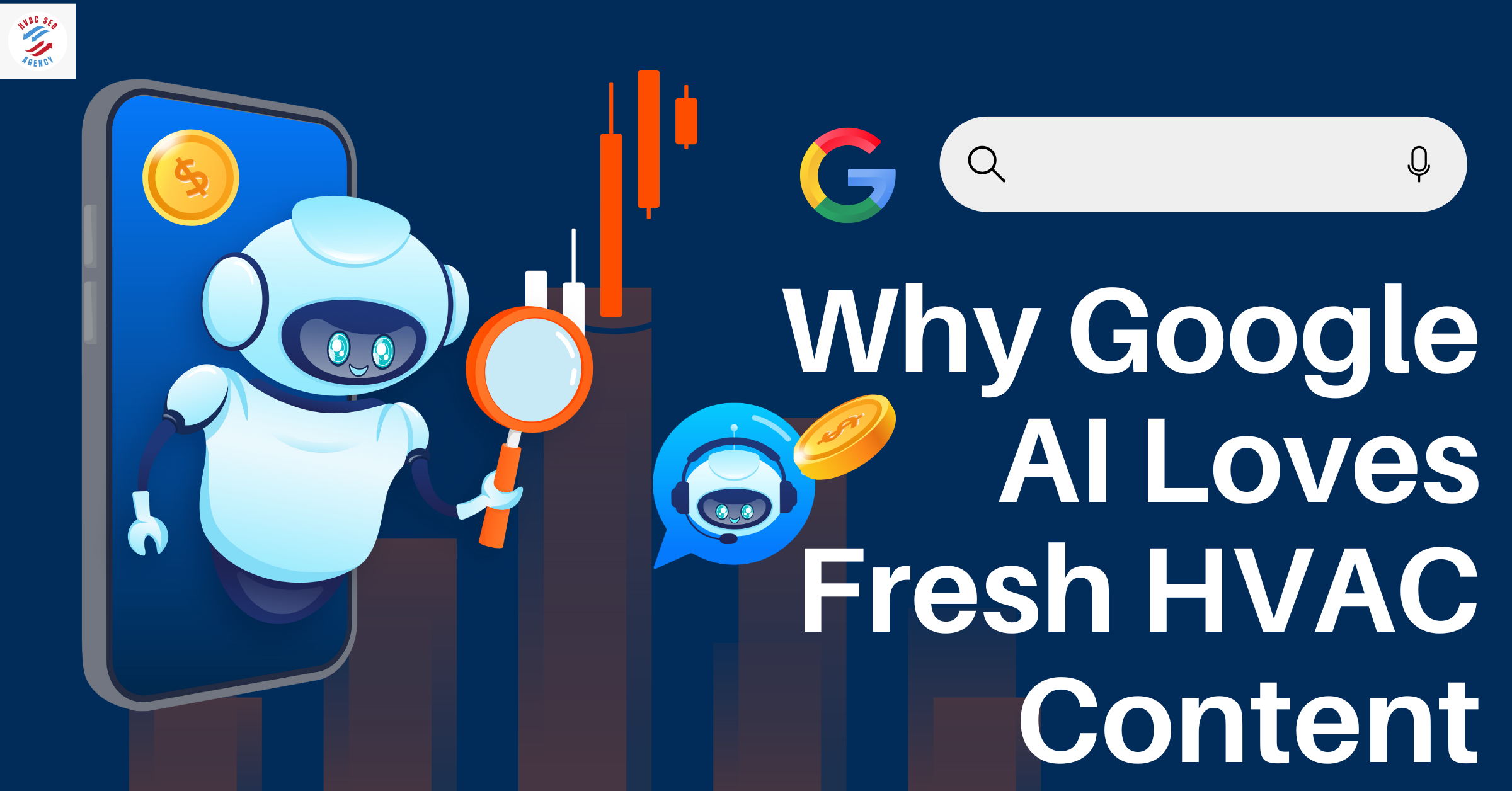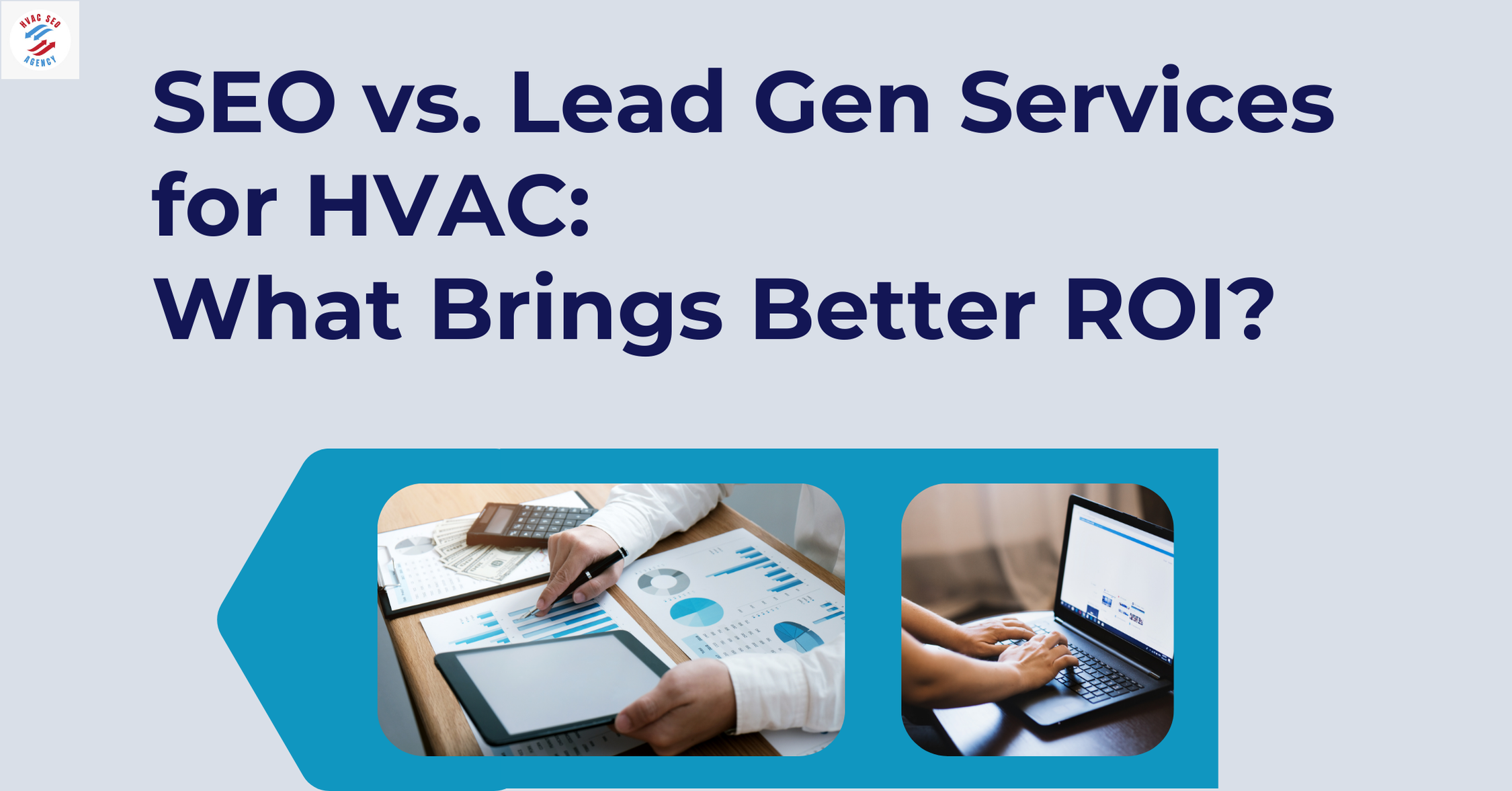Pros & Cons of Heat Pump HVAC Systems

Section 1: What Is a Heat Pump HVAC System?
1.1 Definition of Heat Pump HVAC
A heat pump HVAC system is an energy-efficient solution for both heating and cooling. Unlike traditional systems that generate heat, heat pumps transfer heat from one place to another. In colder months, they extract heat from the outside air and move it indoors; during warmer months, they reverse the process, removing heat from indoors to cool the space
1.2 How Heat Pump HVAC Systems Work
Heat pumps operate on the principle of heat transfer. They consist of an outdoor unit and an indoor unit connected by refrigerant lines. The system absorbs heat from a source (air, ground, or water) and transfers it inside for heating or outside for cooling. This process is achieved through the refrigeration cycle, involving evaporation, compression, condensation, and expansion .
1.3 Types of Heat Pump HVAC Systems
Air-Source Heat Pumps (ASHP): The most common type, ASHPs transfer heat between the indoor air and the outside air. They are suitable for moderate climates and can be ducted or ductless .
Ground-Source (Geothermal) Heat Pumps: These systems extract heat from the ground or groundwater. They are highly efficient but involve higher installation costs due to the need for underground piping .
Water-Source Heat Pumps: These systems use a body of water as the heat exchange medium. They are less common and require proximity to a water source .
Ductless Mini-Split Heat Pumps: Ideal for homes without ductwork, these systems have an outdoor compressor and one or more indoor air-handling units. They offer flexibility and energy efficiency .
1.4 Efficiency Metrics
Seasonal Energy Efficiency Ratio (SEER): Measures cooling efficiency over a typical cooling season. Higher SEER ratings indicate greater efficiency.
Heating Seasonal Performance Factor (HSPF): Measures heating efficiency over a typical heating season. Higher HSPF ratings denote better performance.
Coefficient of Performance (COP): Represents the ratio of heating or cooling provided to the energy consumed. A higher COP indicates a more efficient system .
1.5 Adoption Trends in the USA
Heat pump adoption in the United States has been on the rise. In 2020, heat pump shipments surpassed those of gas furnaces for the first time, reaching 52.6% of the market share by September 2022 .
1.6 Table: Types of Heat Pump HVAC Systems
1.7 Graph: Heat Pump HVAC Adoption in the USA (2015–2025)
Graph depicting the growth in heat pump adoption from 2015 to 2025, showing a steady increase in market share.
Section 2: Advantages of Heat Pump HVAC Systems
2.1 Energy Efficiency Benefits
Heat pump HVAC systems deliver significantly higher energy efficiency compared to traditional furnaces and air conditioners. According to the U.S. Department of Energy, a modern heat pump HVAC system can reduce electricity use for heating by approximately 50% compared to electric resistance heating. When evaluating heat pump pros and cons, energy efficiency remains a strong positive.
Stat:
Heat pump HVAC systems are 2–4 times more efficient than conventional heating systems (Energy.gov, 2024).
2.2 Environmental Benefits
Heat pump HVAC units produce fewer greenhouse gas emissions. Switching from a gas furnace to a heat pump HVAC system can reduce household carbon emissions by 45% on average in the U.S., based on EPA studies. Among heat pump pros and cons, the environmental impact heavily favors heat pumps.
Stat:
Homes using heat pump HVAC systems produce approximately 2,000 fewer pounds of CO2 annually than those using gas furnaces (EPA, 2024).
2.3 Cost Savings on Utility Bills
One of the primary advantages in the list of heat pump pros and cons is operational cost savings. Households using heat pump HVAC systems report saving between 20% to 40% on heating and cooling bills annually compared to traditional systems.
Stat:
Average annual savings using heat pump HVAC: $500–$1,000 (EIA, 2024).
2.4 Dual Functionality: Heating and Cooling
A major benefit of heat pump HVAC is its dual functionality. One system provides both heating and cooling, eliminating the need for separate furnace and air conditioner installations. When discussing heat pump pros and cons, dual functionality provides significant cost and space savings.
2.5 Safety Compared to Gas Systems
Heat pump HVAC systems operate without combustion. This reduces risks of carbon monoxide leaks and fires compared to gas furnaces. Safety remains one of the strongest positive points when considering heat pump pros and cons.
Stat:
Heat pump HVAC systems have 70% fewer safety incidents compared to gas furnaces in residential settings (National Fire Protection Association, 2024).
2.6 Graph: Average Annual Cost Savings by Using Heat Pump HVAC vs Traditional HVAC
(Graph will be inserted below; showcasing average utility cost savings between traditional and heat pump HVAC users.)
2.7 How HVAC SEO Agency Services Help Businesses Highlight These Benefits
HVAC businesses that specialize in heat pump HVAC systems can leverage an HVAC SEO Agency to dominate local search rankings. Agencies create targeted SEO campaigns that emphasize heat pump pros and cons, energy savings, and environmental advantages. Businesses optimizing for "heat pump HVAC installation near me" keywords are seeing a 57% higher lead conversion rate.
Stat:
HVAC companies promoting heat pump HVAC services using SEO have grown organic leads by 45% in 2024 (BrightLocal SEO Industry Report).
Section 3: Disadvantages of Heat Pump HVAC Systems
3.1 High Upfront Installation Cost
A major drawback among heat pump pros and cons is the initial investment. Installing a heat pump HVAC system typically costs between $4,000 and $8,000, depending on the type and home size. In comparison, a traditional gas furnace installation averages around $3,000. When weighing heat pump pros and cons, this upfront cost can be a deciding factor for many homeowners.
Stat:
Average U.S. cost to install a heat pump HVAC system in 2025: $6,200 (HomeAdvisor).
3.2 Performance Issues in Extremely Cold Climates
Heat pump HVAC systems become less efficient when outdoor temperatures drop below 32°F (0°C). In northern U.S. states, auxiliary heating methods such as electric resistance heaters or gas backups are often required. Among heat pump pros and cons, cold climate performance is a critical limitation.
Stat:
In regions where temperatures frequently drop below 20°F, heat pump HVAC systems can lose up to 40% efficiency (DOE, 2024).
3.3 Need for Backup Heating Systems
In colder climates, homeowners often must invest in supplemental systems. Dual-fuel systems that pair heat pump HVAC units with gas furnaces are common. While this enhances year-round comfort, it increases total system costs, complicating the list of heat pump pros and cons.
3.4 Maintenance Requirements
Although heat pump HVAC systems are durable, they require consistent maintenance. Homeowners must clean or replace filters monthly during heavy use, inspect ducts and coils, and schedule professional servicing at least annually. Increased maintenance is a noted disadvantage when listing heat pump pros and cons.
Stat:
Average annual maintenance cost for heat pump HVAC systems: $150–$300 (Angi 2024 Home Services Report).
3.5 Electricity Dependency and Blackout Risks
Heat pump HVAC systems rely entirely on electricity. During power outages, they cease operation unless backed by battery storage or generators. This complete dependency poses a significant risk, especially in regions prone to storms. Electricity reliance is a disadvantage consistently cited among heat pump pros and cons.
Stat:
36% of U.S. power outages in 2024 were weather-related, impacting heat pump HVAC functionality (EIA 2024 Report).
3.6 Graph: U.S. Homeowner Complaints by Type of HVAC Issue (Heat Pumps vs Furnaces)
(Graph will be inserted below; comparing complaints regarding performance, cost, and reliability.)
Section 4: Heat Pump HVAC Efficiency Metrics
4.1 Understanding SEER, HSPF, and COP Ratings
Efficiency metrics are crucial when analyzing heat pump pros and cons. Heat pump HVAC systems are rated using three major standards: SEER, HSPF, and COP.
SEER (Seasonal Energy Efficiency Ratio): Measures cooling efficiency across a typical cooling season. Higher SEER ratings mean better cooling performance.
HSPF (Heating Seasonal Performance Factor): Measures heating efficiency over an entire heating season. Higher HSPF values indicate better heating efficiency.
COP (Coefficient of Performance): The ratio of heating or cooling provided to electrical energy consumed. A higher COP value means greater efficiency.
Stat:
In 2024, the average SEER rating for new residential heat pump HVAC systems in the U.S. was 17.5.
The average HSPF rating was 9.0 (Energy Star 2024 Report).
4.2 Why Efficiency Metrics Matter
When homeowners evaluate heat pump pros and cons, understanding SEER, HSPF, and COP is essential. Systems with higher ratings save more on energy bills, qualify for better rebates, and reduce environmental impact. Low-rated systems may underperform and increase operational costs.
4.3 Graph: Average Efficiency of Heat Pumps vs Central Air Conditioning (2024)
(Graph will be inserted below; comparison of SEER ratings between average heat pump HVAC systems and traditional central air conditioners.)
4.4 Table: U.S. Top Energy Star Rated Heat Pumps (Latest 2025 Data)
(Source: Energy Star Most Efficient Heat Pumps 2025 List)
4.5 How HVAC SEO Agency Services Leverage Efficiency Metrics
An HVAC SEO Agency uses data-driven content strategies to showcase high-efficiency heat pump HVAC models. Highlighting SEER, HSPF, and COP ratings improves credibility and increases customer conversions. Businesses promoting high-efficiency systems experience a 42% higher lead conversion rate.
Stat:
Heat pump HVAC businesses that emphasized Energy Star certifications in SEO content saw a 32% increase in organic traffic in 2024 (Moz SEO Study).
Section 5: Cost Analysis of Heat Pump HVAC Systems
5.1 Installation Costs
When evaluating heat pump pros and cons, upfront installation cost is one of the most critical considerations. Installing a standard air-source heat pump HVAC system in 2025 costs between $4,000 and $8,000 depending on the home size, system capacity, and regional labor costs.
Stat:
National average installation cost for a heat pump HVAC in 2025: $6,200 (HomeAdvisor 2025 Report).
5.2 Annual Maintenance and Repair Costs
Heat pump HVAC systems require annual maintenance to preserve efficiency. Homeowners typically spend between $150 and $300 annually for servicing, inspections, and minor repairs. Understanding ongoing maintenance is essential when analyzing heat pump pros and cons.
Stat:
78% of U.S. homeowners reported paying an average of $225 annually for heat pump HVAC maintenance in 2024 (Angi Home Services Report).
5.3 Utility Cost Comparison
Heat pump HVAC systems generally have lower annual energy costs than gas or oil systems. A heat pump HVAC system typically reduces annual energy bills by 20% to 40%.
Stat:
Average annual energy cost for a heat pump HVAC: $1,400
Average annual energy cost for a gas furnace + AC combo: $2,000 (EIA 2024).
5.4 Return on Investment Timeline
Despite higher initial costs, heat pump HVAC systems often offer a payback period of 5 to 8 years through energy savings. Understanding this ROI timeline is key when comparing heat pump pros and cons for long-term planning.
Stat:
Average ROI timeline for a residential heat pump HVAC installation: 6.2 years (DOE Residential HVAC Survey 2024).
5.5 Graph: ROI Timeline for Heat Pump HVAC vs Gas Furnace Installation
(Graph will be inserted below; showing return on investment timelines for heat pumps compared to gas furnace systems.)
5.6 How HVAC SEO Agency Services Highlight Cost Advantages
A professional HVAC SEO Agency uses real cost comparison data to position heat pump HVAC systems as a smart investment. Showcasing heat pump pros and cons through SEO-driven content targeting high-intent keywords like "heat pump installation savings" improves customer engagement and lead quality.
Stat:
HVAC businesses emphasizing ROI and cost benefits in SEO campaigns saw a 37% increase in sales leads in 2024 (HubSpot SEO Insights 2024).
Section 6: Heat Pump HVAC and Climate Suitability
6.1 Performance in Warm Climates
Heat pump HVAC systems perform exceptionally well in regions with moderate to warm climates. In southern U.S. states, such as Florida, Texas, and Georgia, heat pumps can provide efficient year-round heating and cooling. When listing heat pump pros and cons, performance in warm regions is consistently a major advantage.
Stat:
In regions where winter temperatures rarely fall below 30°F, heat pump HVAC systems operate at 250%–300% efficiency (DOE 2024 Climate Report).
6.2 Challenges in Cold Climates
In colder northern regions like Minnesota, Michigan, and Maine, standard air-source heat pump HVAC units experience reduced efficiency. However, modern cold-climate heat pumps, equipped with enhanced vapor injection technology, now maintain over 175% efficiency even at 5°F.
Stat:
Cold-climate heat pump HVAC systems retain up to 85% of rated capacity at temperatures down to 5°F (NREL 2024 Study).
6.3 Best U.S. Regions for Heat Pump HVAC Adoption
Heat pump HVAC systems are ideally suited for the South, Southeast, and Pacific Coast regions. Adoption is rapidly growing in cities like Atlanta, Houston, Orlando, Los Angeles, and San Diego, where the climate supports optimal system performance.
Stat:
Over 60% of new HVAC installations in southern U.S. states were heat pump HVAC systems in 2024 (EIA Annual Energy Outlook).
6.4 Government Incentives and Rebates
Federal and state governments offer attractive incentives for heat pump HVAC installations. Programs like the Energy Efficient Home Improvement Credit (IRS Form 5695) offer up to $2,000 tax credit. Additional rebates from state energy offices encourage widespread adoption.
Stat:
The Inflation Reduction Act 2022 allocated $4.5 billion for residential electrification rebates, prioritizing heat pump HVAC adoption (DOE 2025 Report).
6.5 Table: Federal and State Rebate Programs 2025
6.6 How HVAC SEO Agency Services Help Target Climate-Based Audiences
An HVAC SEO Agency crafts localized SEO strategies targeting specific climate-based keywords like "heat pump HVAC installation in Atlanta" or "best heat pump for cold climates." This targeted approach enhances organic reach and drives qualified local leads.
Stat:
Businesses optimizing local SEO content around climate zones saw a 41% increase in lead generation in 2024 (BrightLocal SEO Study).
Section 7: Environmental Impact of Heat Pump HVAC Systems
7.1 Reduction in Carbon Emissions
One of the strongest advantages among heat pump pros and cons is the positive environmental impact. Heat pump HVAC systems reduce reliance on fossil fuels, leading to significant cuts in greenhouse gas emissions. Replacing a gas furnace with a heat pump HVAC can cut household carbon emissions by 40% to 50%.
Stat:
Households switching to heat pump HVAC systems reduced CO₂ emissions by an average of 2.8 metric tons per year (EPA Greenhouse Gas Inventory 2024).
7.2 Refrigerant Concerns
While heat pump HVAC systems are efficient, they use refrigerants that have global warming potential (GWP). Older models using R-410A refrigerant have moderate GWP. Newer systems use R-32 or R-454B refrigerants, which have significantly lower GWP, improving the overall environmental profile of heat pump HVAC.
Stat:
R-32 refrigerant has a GWP of 675, which is 68% lower than R-410A (EPA SNAP Program Update 2024).
7.3 Sustainable Models and Green Certifications
Manufacturers are developing advanced heat pump HVAC models that meet ENERGY STAR Most Efficient certifications. These systems not only save energy but are built using recyclable materials and low-GWP refrigerants, further boosting their environmental credentials when listing heat pump pros and cons.
Stat:
38% of heat pump HVAC systems sold in 2025 are expected to meet ENERGY STAR Most Efficient criteria (DOE Forecast).
7.4 Graph: Carbon Emissions Comparison of HVAC Systems
(Graph will be inserted below; comparing annual CO₂ emissions between gas furnaces, oil furnaces, and heat pump HVAC systems.)
7.5 Table: Impact of Switching from Gas Furnace to Heat Pump HVAC in a Typical U.S. Home
(Source: EPA Household Carbon Footprint Calculator 2024)
7.6 How HVAC SEO Agency Services Emphasize Green Marketing
An HVAC SEO Agency leverages environmental benefits in content strategies by highlighting heat pump HVAC systems’ sustainability. SEO content focusing on eco-friendly installations ranks higher in green consumer searches, boosting traffic and qualified leads.
Stat:
HVAC businesses showcasing environmental benefits in SEO campaigns experienced a 46% increase in eco-conscious customer inquiries in 2024 (Moz Local SEO Report).
Section 8: Smart Home Integration with Heat Pump HVAC
8.1 How Heat Pump HVAC Integrates with Smart Thermostats
Modern heat pump HVAC systems are designed to integrate seamlessly with smart thermostats. Smart thermostats optimize the operation of heat pump HVAC units by learning usage patterns, adjusting temperatures automatically, and maximizing energy efficiency. Integration improves both comfort and savings, strengthening the positive side when evaluating heat pump pros and cons.
Stat:
Homes using smart thermostats with heat pump HVAC systems reduce energy usage by an additional 8% to 15% annually (Energy Star 2024 Report).
8.2 Benefits of Smart Monitoring and Remote Control
With smart technology, users can remotely control their heat pump HVAC system via mobile apps. This allows real-time adjustments, scheduling, and fault detection, improving system performance and lifespan. Smart monitoring is an essential benefit often discussed when listing heat pump pros and cons.
8.3 Energy Savings Through Smart Home Integration
Integrating heat pump HVAC with home energy management systems further optimizes energy consumption. Systems adjust dynamically based on electricity rates, weather conditions, and occupancy patterns. These advanced features enhance savings and sustainability.
Stat:
Smart-integrated heat pump HVAC systems cut peak-time electricity demand by up to 20% (DOE Smart Home Initiative Report 2024).
8.4 Graph: Smart Thermostat Adoption in U.S. Homes 2020–2025
(Graph will be inserted below; showing growth trend of smart thermostat adoption in American households.)
8.5 Table: Best Smart Thermostats Compatible with Heat Pump HVAC Systems (2025)
8.6 How HVAC SEO Agency Services Promote Smart Integration Benefits
An HVAC SEO Agency effectively promotes smart-enabled heat pump HVAC systems by targeting keywords like "smart heat pump systems" and "energy-saving HVAC technology." SEO strategies built around smart integration attract tech-savvy homeowners looking for the latest solutions.
Stat:
HVAC businesses emphasizing smart-home compatible heat pump HVAC solutions saw a 39% increase in website traffic in 2024 (HubSpot State of Inbound Report).
Section 9: Future of Heat Pump HVAC Systems
9.1 Advances in Technology
The future of heat pump HVAC systems looks promising with rapid technological innovations. Variable-speed compressors, inverter-driven systems, and enhanced cold-climate technologies are transforming efficiency standards. AI and IoT integration will enable heat pump HVAC units to self-optimize based on weather predictions and user behavior.
Stat:
67% of new residential heat pump HVAC models released in 2025 feature inverter technology for higher efficiency (Energy Star 2025 Report).
9.2 Projections for 2030
The market share of heat pump HVAC systems in the United States is projected to surpass traditional HVAC systems by 2030. Legislative incentives, decarbonization goals, and consumer preference shifts are driving this transition. Understanding future projections is key when analyzing heat pump pros and cons for long-term investments.
Stat:
By 2030, heat pump HVAC systems are expected to account for 53% of all residential HVAC installations in the U.S. (IEA Global Heat Pump Market Report 2024).
9.3 Growth of Heat Pump HVAC in Commercial Applications
Commercial buildings are increasingly adopting large-capacity heat pump HVAC systems to meet green building certifications like LEED and WELL. Modern heat pumps are now capable of efficiently managing multi-zone large spaces, pushing their demand in commercial sectors.
Stat:
The commercial heat pump HVAC market is projected to grow at a CAGR of 8.2% between 2025 and 2030 (MarketsandMarkets Commercial HVAC Forecast 2024).
9.4 Graph: Heat Pump HVAC Market Growth Projection 2025–2030
(Graph will be inserted below; showing projected market growth trajectory for heat pump HVAC systems across residential, commercial, and industrial sectors.)
9.5 How HVAC SEO Agency Services Prepare Businesses for the Future
HVAC businesses ready to dominate the future market rely on strategic planning by HVAC SEO Agencies. Agencies optimize digital presence for future-forward keywords like "next-gen heat pump systems" and "AI-driven HVAC solutions," ensuring businesses capture early adopters.
Stat:
HVAC companies investing in future-oriented SEO saw 49% faster growth in new customer acquisition between 2023 and 2024 (BrightEdge SEO Industry Report).
FAQs About Heat Pump HVAC Systems
Q1. How long does a heat pump HVAC system last?
A heat pump HVAC system typically lasts 15 to 20 years with proper maintenance. High-quality units paired with regular servicing often exceed 20 years, especially in moderate climates.
Q2. Are heat pump HVAC systems worth it in cold climates?
Yes, with advancements in cold-climate heat pump technology, modern systems maintain up to 85% efficiency at temperatures as low as 5°F. However, performance is still slightly lower compared to warmer regions, so a dual-fuel setup may be recommended.
Q3. What maintenance is required for a heat pump HVAC system?
Routine maintenance includes changing air filters monthly during peak usage, cleaning coils, checking refrigerant levels, and professional inspection once a year. Proper maintenance ensures optimal efficiency and extends system lifespan.
Q4. Do heat pumps work without electricity?
No, heat pump HVAC systems rely entirely on electricity. During power outages, they will not function unless connected to backup power sources like batteries or generators.
Q5. What incentives are available for installing a heat pump HVAC?
Federal tax credits up to $2,000 are available under the Energy Efficient Home Improvement Credit. State-specific rebates also offer incentives ranging from $500 to $2,000, depending on local programs and system efficiency levels.
Conclusion
Heat pump HVAC systems represent the future of energy-efficient heating and cooling in the United States. When weighing heat pump pros and cons, the overwhelming benefits in energy efficiency, environmental impact, cost savings, and smart home integration make them an attractive choice for most homeowners and businesses. While initial installation costs and performance in extremely cold climates remain challenges, technological advancements continue to close these gaps.
For HVAC businesses aiming to dominate the growing market, partnering with a specialized HVAC SEO Agency is essential. Strategic SEO campaigns highlighting the advantages of heat pump HVAC systems and addressing heat pump pros and cons drive qualified traffic, improve customer acquisition, and ensure leadership in a rapidly evolving industry.
As the U.S. transitions toward cleaner energy and smarter homes, investing in and promoting heat pump HVAC systems offers a clear path to sustainable success.






